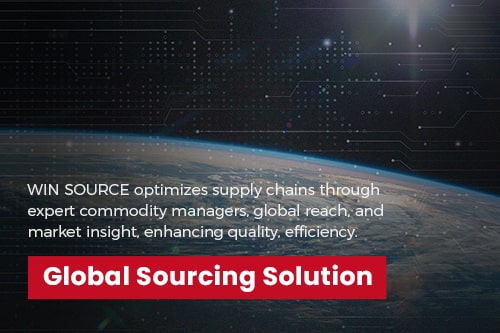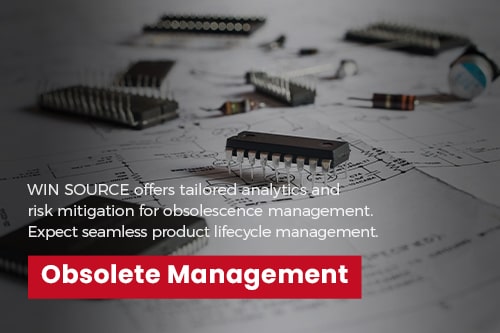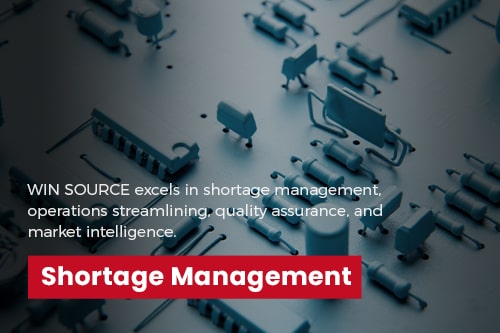The Hidden Cost of Thermal Breakdown
Engineers designing power systems for automotive and industrial applications face a critical challenge: 63% of electronic failures originate from capacitor degradation under thermal stress (Electronics Reliability Journal, 2022). Traditional components falter when temperatures exceed 85°C, causing ripple current instability and shortened lifespan.
Military-Grade Performance for Commercial Applications
- 125°C continuous rating withstands engine compartment heat (Source: SK Components Datasheet)
- 20mΩ ultra-low ESR maintains <1% ripple in DC/DC converters
- 5000hr lifespan @ 125°C outperforms standard caps by 3.8x
Case Studies: Real-World Implementations
1. Electric Vehicle Battery Management
A Tier-1 EV manufacturer reduced DC link capacitor failures by 72% after implementing MK805J40RL in their 800V traction inverters. The capacitors' -55°C to +125°C operational range proved critical during fast-charge cycles.
2. Industrial Solar Inverters
When a renewable energy company upgraded to MK805J40RL in their 50kW photovoltaic inverters, they achieved 92.3% efficiency at full load - a 4.1% improvement over previous designs. The capacitors' 40VDC rating and 80μF capacitance provided stable buffering for PWM circuits.
Future-Proofing Power Designs
With AEC-Q200 certification and tin-plated terminals ensuring solder joint reliability, the MK805J40RL sets new benchmarks for compact (Ø8×5mm) high-performance capacitors. Design engineers can now push power density limits without sacrificing thermal margins.

 AKKN Electronics
AKKN Electronics



